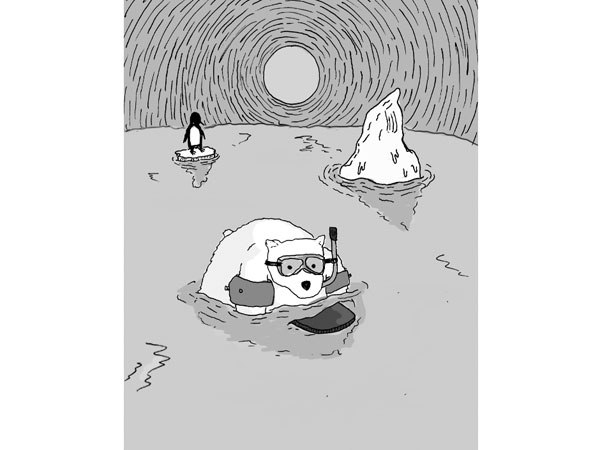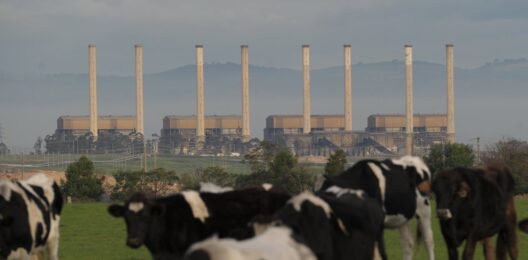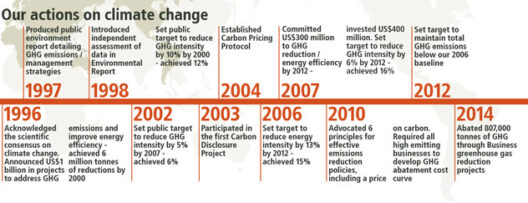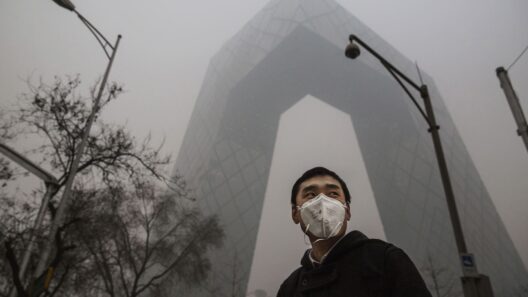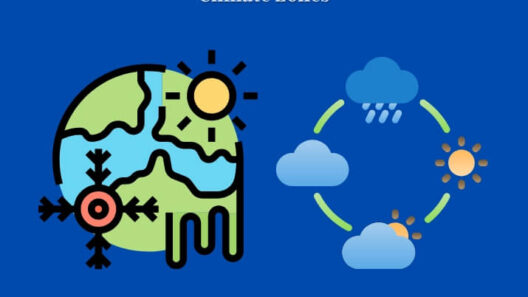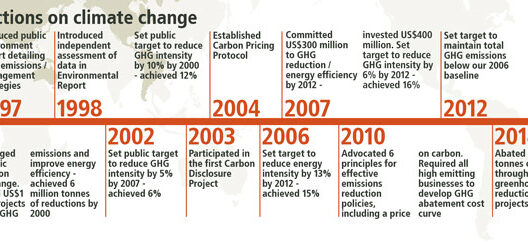In an era of unprecedented environmental challenges, climate change has emerged as a central topic of discourse. Yet, despite overwhelming scientific consensus on its existence and dire implications, a notable segment of the population remains skeptical. This observably paradoxical scenario beckons a deeper exploration of the underlying motives that fuel climate change denial.
Understanding skepticism towards climate change entails dissecting a tapestry of social, psychological, and economic factors that intertwine to create a milieu of disbelief.
Exploring Psychological Barriers to Acceptance
The human psyche is remarkably complex, often resisting truths that contradict deeply held beliefs. One primary psychological mechanism at play is cognitive dissonance, which induces discomfort when individuals are presented with information that contradicts their values or worldview.
As climate change poses existential threats, acknowledging its reality may compel individuals to confront uncomfortable truths about their lifestyles, consumption patterns, and the societal systems that perpetuate environmental degradation. This confrontation can lead to defensive reactions, often manifesting as denial or minimization of the issue at hand.
Moreover, identity is inextricably linked to belief systems. For many, adherence to climate skepticism becomes entwined with their social identity, particularly within certain political or social groups. These collective identities can foster an insular worldview where contrary information is dismissed, leading to the reinforcement of preconceived notions and an “us versus them” mentality.
The Influence of Misinformation and Media Narratives
The role of misinformation cannot be overstated in the context of climate change skepticism. The dissemination of erroneous information, often propagated by interest groups and corporations with vested interests, creates a fertile ground for doubt.
Media narratives play a crucial role in shaping public perception. When prominent media outlets provide equal airtime to skeptics and scientists without critically assessing the credibility of claims, it can create a false equivalence. This is detrimental, as it lends undue visibility to fringe opinions that lack scientific backing, thereby skewing public understanding and catalyzing skepticism.
Additionally, sensationalism in media reporting can obfuscate the nuanced realities of climate science. Oversimplified portrayals of scientists as alarmists or fearmongering narratives may alienate potential advocates, fostering further skepticism among audiences wary of being manipulated.
Socioeconomic Factors: The Underpinnings of Denial
Beyond psychological and media influences, socioeconomic factors lend credence to the climate change denial narrative. Economic interests drive many individuals to dismiss climate science, particularly in regions reliant on fossil fuel industries. Acceptance of climate change may necessitate significant economic transformations, which can be perceived as threats to job security, local economies, and personal livelihood.
In many cases, resistance to climate action is intertwined with broader issues of social equity. Communities adversely affected by climate policies may resist the impetus for change, perceiving it as an imposition from disconnected urban elites. Such dynamics illustrate the importance of equitable solutions in climate discourse, ensuring that all voices, particularly those from marginalized communities, are integrated into decision-making processes.
Moreover, the phenomenon of temporal discounting, where individuals prioritize short-term gains over long-term sustainability, significantly shapes attitudes towards climate change. The allure of immediate gratification often trumps the delayed benefits of environmentally conscious actions, resulting in a tendency to overlook the pressing need for climate action.
A Reflection on the Role of Education and Communication
Education emerges as a pivotal component in addressing climate change denial. Broadening public comprehension of climate science and emphasizing critical thinking skills can empower individuals to navigate misinformation effectively.
Utilizing innovative communication strategies can also enhance engagement. Rather than presenting climate data as cold statistics, it is essential to weave personal narratives and relatable stories that resonate with individuals on a human level. Emotional connections can provoke empathy, driving home the real-world implications of climate change beyond abstract concepts.
Furthermore, fostering dialogue rather than debate can facilitate more open discussions. Providing spaces for individuals to express their concerns, fears, and misconceptions allows for transformative conversations, where common ground can be discovered and collective action can flourish.
Conclusion: Bridging the Divide
The phenomenon of climate change denial is multifaceted, riddled with psychological, sociopolitical, and economic intricacies. Dismissing skepticism outright fails to acknowledge the genuine fears and complexities individuals encounter in grappling with the reality of climate change.
By fostering understanding, promoting open conversations, and facilitating education, it is possible to bridge the divide between climate skeptics and advocates. Ultimately, nurturing a collective consciousness that acknowledges the urgency of climate action is paramount for the sustainability of our planet.
As the environmental landscape continues to evolve, the onus is on society collectively to dismantle the barriers of skepticism, reframe the narrative surrounding climate change, and embark on a unified journey toward solutions. The stakes are not merely ecological; they are profoundly human. Together, we can cultivate a more informed, empathetic, and resilient society—one that earnestly embraces the truth of climate change and works diligently toward a sustainable future.


